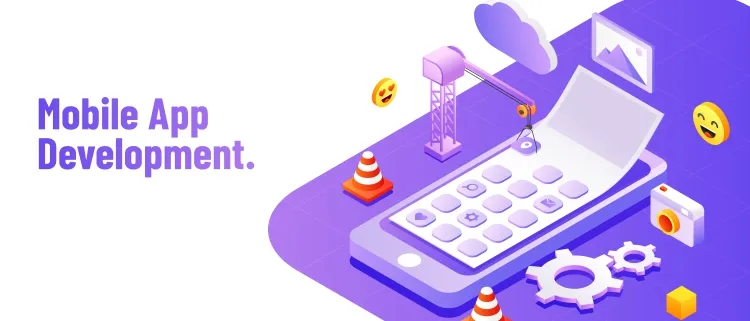Web & Mobile Apps
Web and mobile apps are software applications designed to run on different platforms, providing users with access to various services, tools, or information. While both serve the purpose of delivering content or functionality, they have distinct characteristics and are optimized for different devices and user experiences.
Web Apps
Web applications are accessed through web browsers such as Chrome, Firefox, Safari, or Edge. Users can access web apps on various devices with internet connectivity, including desktop computers, laptops, tablets, and smartphones.
Web Apps Components
- Installation.
- Development Technologies.
- Updates.
- Distribution.
web apps are accessible through web browsers and are platform-independent, while mobile apps are specifically designed for a particular operating system and are installed on mobile devices.

Hybrid apps attempt to combine the advantages of both web and mobile app development.
Mobile Apps
Mobile apps are downloaded and installed on mobile devices from app stores such as the Apple App Store (for iOS) or Google Play Store (for Android).
Mobile Apps Components
- Access and Usage.
- Installation.
- Development Technologies.
- Updates.
In summary, web apps are accessible through web browsers and are platform-independent, while mobile apps are specifically designed for a particular operating system and are installed on mobile devices. Hybrid apps attempt to combine the advantages of both web and mobile app development. The choice between web and mobile apps depends on factors like target audience, functionality, and development resources.

